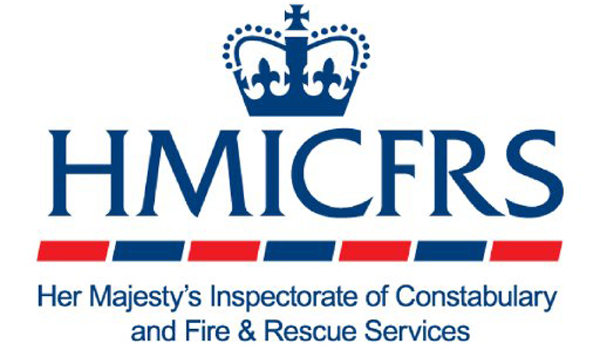Victims let down at every stage of response to modern slavery
People are being left in the hands of human traffickers because of policings limited reaction to new anti-slavery laws, an inspection of forces has found.
People are being left in the hands of human traffickers because of policings limited reaction to new anti-slavery laws, an inspection of forces has found. Too many forces are failing to spot signs of potential slavery and human trafficking, according to Her Majestys Inspectorate of Constabulary and Fire and Rescue Services (HMICFRS). Despite new powers being granted in 2015 under the Modern Slavery Act, inspectors claim a lot of investigations are still reactive and the commitment from leadership has been inconsistent. These failings have led to low numbers of people being submitted for safeguarding through the National Referral Mechanism (NRM), potentially leaving them at further risk of exploitation. HMICFRS has now called for a real and consistent improvement to prove that forces are responding effectively. HM Inspector of Constabulary Wendy Williams said: Whilst modern slavery cases can be complex and require significant manpower, many of the shortcomings in investigating these cases reflect deficiencies in basic policing practice. We found inconsistent, even ineffective, identification of victims and investigations closed prematurely. As a result, victims were being left unprotected, leaving perpetrators free to continue to exploit people as commodities. Home Office estimates from 2013 suggested that up to 13,000 could be victims of modern slavery in the UK. While the Modern Slavery Act strengthened powers available to policing, HMICFRS claims that victims are being let down at every stage of the response. Some forces, including Greater Manchester Police and West Yorkshire Police, were praised for their work in this area and the commitment shown by officers and staff. However, the report, published on Tuesday (October 24), highlighted the low number of NRM referrals made each year as evidence that efforts have only improved slightly since the Act was introduced. Just 847 potential victims were submitted to the NRM last year compared with 670 in 2015. Six forces made more than half of all the referrals in 2016, and around a third submitted fewer referrals than they did the previous year. Non-specialist officers and staff also only showed a limited understanding of the new powers available to them. This has led to very low numbers of notifications about potential victims being sent to the Home Office, which HMICFRS said suggests many are not being identified or properly protected. Frontline and contact officers were unsure about potential signs of modern slavery, or their responsibility to explain the support available through the NRM. Some neighbourhood officers avoid raising the issue with the public because they do not think they were interested or sympathetic to victims. Others expressed the view that modern slavery and human trafficking were not an issue in their areas. While larger investigations were generally well managed, a lack of supervision in smaller cases has limited their success. In one force, just one out of seven modern slavery investigations examined by HMICFRS was effective and four were closed despite lines of inquiry still being open. Other cases across the country experienced delays up to eight months before investigations began. These failings may partially be due to a lack of engagement by force leaders, as many forces modern slavery strategies were basic and lacked detail. The report also identified poor and inconsistent joint working between the National Crime Agency (NCA) and policing, as well as limited information sharing between national, regional and local levels. However, most forces had committed and passionate single points of contacts who had received strong support from their chief officer team. Chief Constable Shaun Sawyer, National Police Chiefs Council lead for modern slavery, said the reports recommendations have been fully accepted. He added: The police service is now actively seeking out and uncovering modern slavery. Across England and Wales there are currently o


